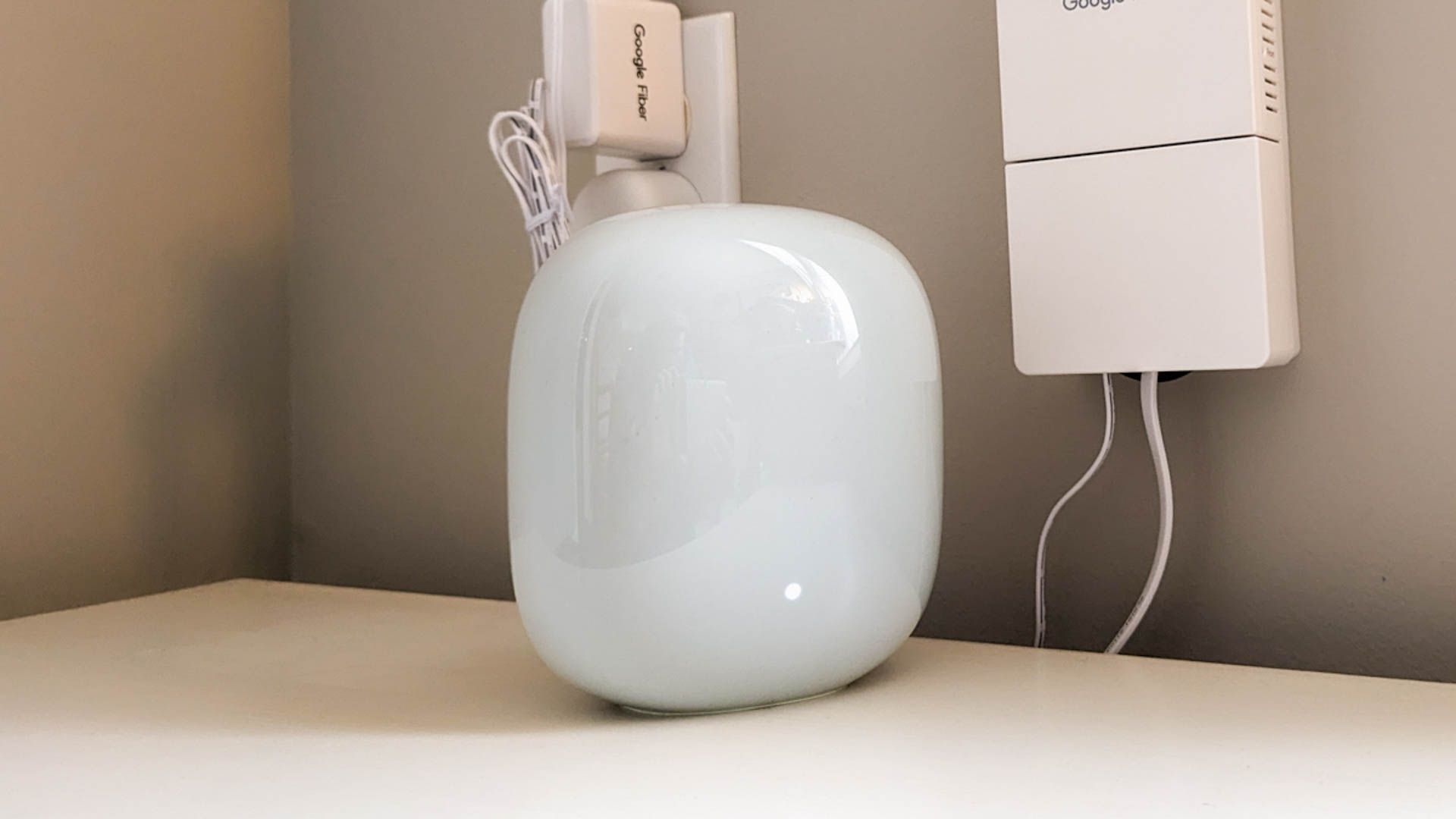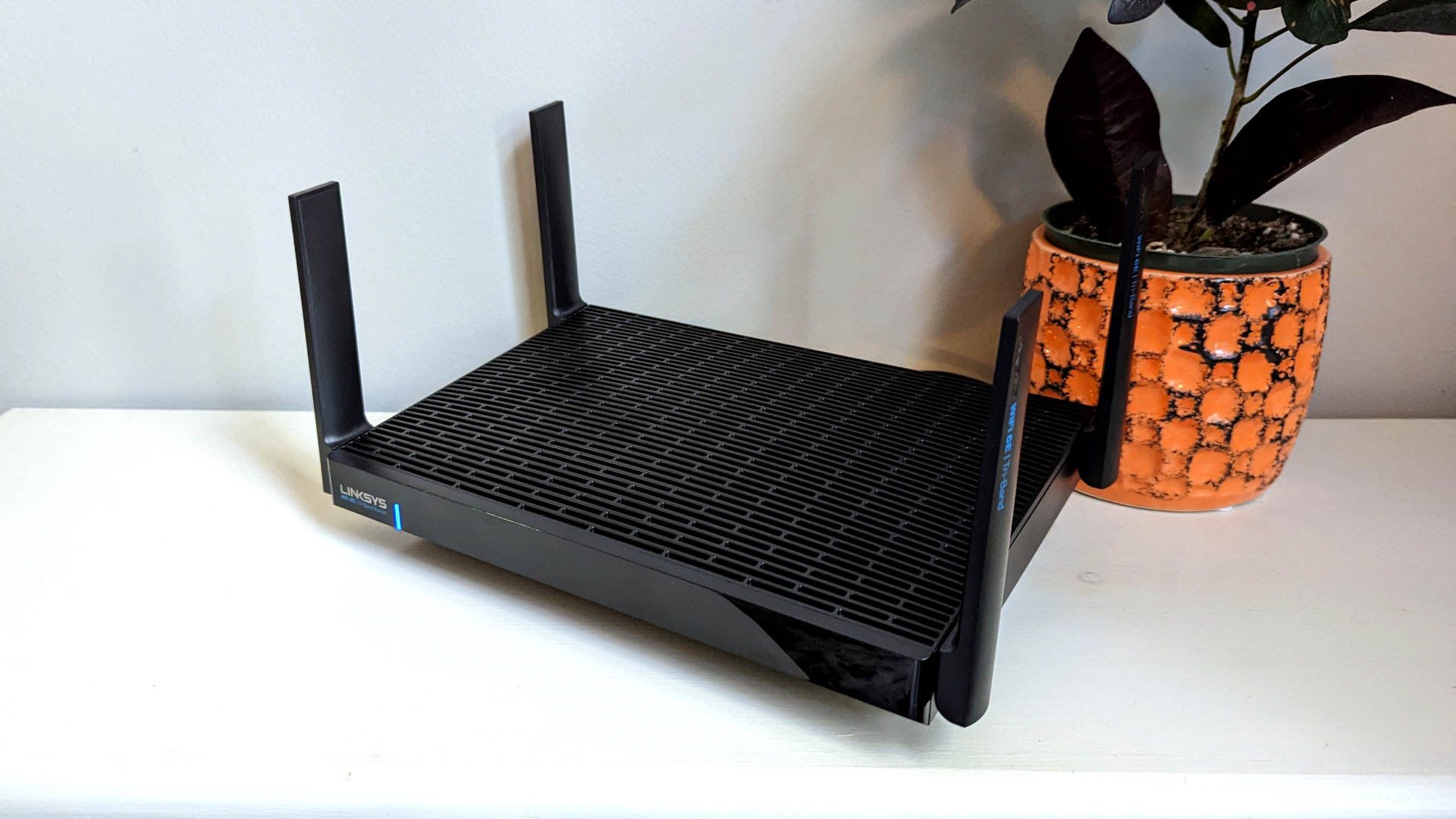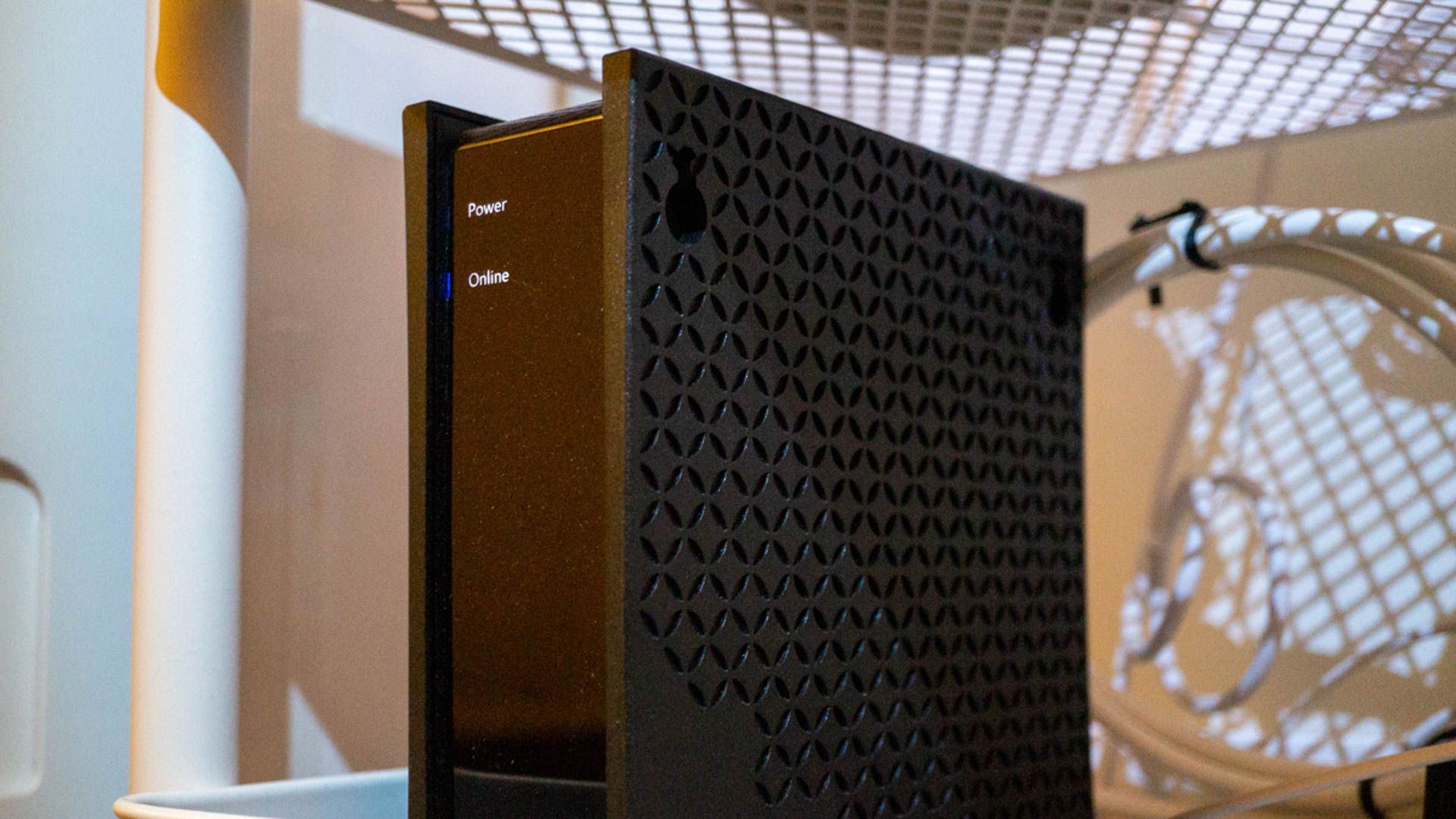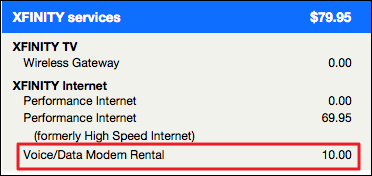Quick Links
Key Takeaways
A modem provides the connection between the Internet and your home network. A router allows multiple devices on your home network to connect to the Internet simultaneously, and ensures that Internet traffic is directed to the correct devices on the local network.
If you've been on the internet for a while, you've no doubt heard the terms "modem" and "router" thrown around, but you might not have taken the time to understand what they are. We're here to help.
What Is the Difference Between a Modem and a Router?
Your router creates a network between the computers in your home, while your modem connects that network---and thus the computers on it---to the internet. When you connect to Wi-Fi, you're really connecting to your router, which forwards traffic between the internet and your computer. Many internet providers offer a combined modem/router unit that performs both these functions in one device.
So why bother to understand the difference? Because that understanding can lead to better decisions, like buying your own modem so you can stop paying $8-$15 a month to rent one from your ISP.
What Does a Router Do?
A router connects multiple networks and routes network traffic between them. In the case of your home network, your router has one connection to the Internet and one connection to your private local network.
The simple way to think about routers---especially on your home network---is like this. The router sits in between your Internet connection and your local network. It lets you connect multiple devices to the Internet through one physical Internet connection and also lets those devices communicate with one another over the local network. The router keeps track of what traffic goes to which actual device on your network. To the Internet, all the traffic coming from your house looks like it's coming from a single device.
Routers can be as minimal or as elaborate as you want. Some support advanced mesh Wi-Fi networks and have enough features to keep even the most avid self-hoster happy, whereas others have only a couple of physical ports and no wireless connectivity at all. However, the average routers you'll buy today contains built-in switches that let you connect multiple wired devices, like a desktop PC or an Xbox, and also contain wireless radios that let you connect Wi-Fi devices, like a laptop or mobile phone.
In addition, the router offers some protection to your devices over being exposed directly to the Internet. All routers are capable of screening traffic, so inbound and outbound traffic can only go through approved ports. Some offer even more advanced functionality and may be able to warn you if you're visiting a malicious or suspect site.
But you can't connect directly to the Internet with just a router. Instead, your router must be plugged into a device that can transmit your digital traffic over whatever type of internet connection you have. And that device is a modem.
What Does a Modem Do?
Your modem serves as a bridge between your local network and the Internet. Historically, the term "modem" is shorthand for modulator-demodulator. Modems were used to modulate the signals on telephone lines so that digital information could be encoded and transmitted over them and then demodulated---and decoded---on the other end. Though more modern broadband connections---like cable and satellite---don't really work the same way, we kept using the term "modem" because it's a device people were already familiar with and associated with connecting to the Internet.
How a modem attaches to your network depends on the type of connection you have. The modem plugs into whatever type of Internet infrastructure you have---cable, telephone, satellite, or fiber---and gives you a standard Ethernet cable output that you can plug into any router (or a single computer) and get an Internet connection.
Since the modem communicates with your Internet service provider, you'll need the correct type of modem that will work with your ISP's infrastructure.
What About Combined Routers and Modems?
Some ISPs (most big ones) offer a modem and router in a single device. That device has the electronics and software in it to provide both functions, acting as a modem that communicates with your ISP and functioning as a router to create a home network. Some ISPs also bundle a phone interface into the same box so you can use their VOIP offerings.
While a combined unit has its attractions---just having one device cluttering up your office being one---there are also disadvantages. Using separate devices offers more flexibility in what you can do with your network and lets you make sure you're using the best quality devices you can. And using your own devices instead of the ones your ISP provides can save you some money.
Should You Buy Your Own Modem?
Buying your own modem is an easy way to save money on your Internet bill. Check your monthly bill, and you'll probably see an "Equipment rental" or "Modem rental" fee that's costing you somewhere between $8 and $15 per month. Rather than renting your modem from your Internet service provider, you can buy your own and hook it up. You can then return the original modem to your ISP and remove that fee from your monthly bill. Yes, it will cost you some money upfront. But that typically adds up to somewhere between 6 and 10 months of monthly device rental fees. Keep the devices longer than that, and you're saving money every month.
Of course, if you have a combined modem/router unit, you'll also need to buy a home router. That's not necessarily bad news, though. The router your ISP provides may not have the latest technologies like 802.11ax and 6 GHz Wi-Fi, so you may be better off buying your own router anyway.
Check to see if you're actually renting your modem and how much you're spending every month, and then find the best modem for your ISP. Your ISP's website will typically have a section detailing what modems will work with your plan. Make sure to purchase a modem that can take advantage of your plan's speeds, too --- it wouldn't do to have a 2 gigabit Internet plan with a modem limited to 800 megabits! Assuming that most modems cost just over $100 and that you're spending $10 a month on a modem rental, you'll break even and start saving money after about a year. That's hundreds of dollars saved over the life of your modem.
You can use any wireless router you want, but the modem you purchase has to be approved by your ISP to function with their network. In a sense, you can think of your router as a device that's part of your home network and the modem as a device that's part of your ISP's network.




